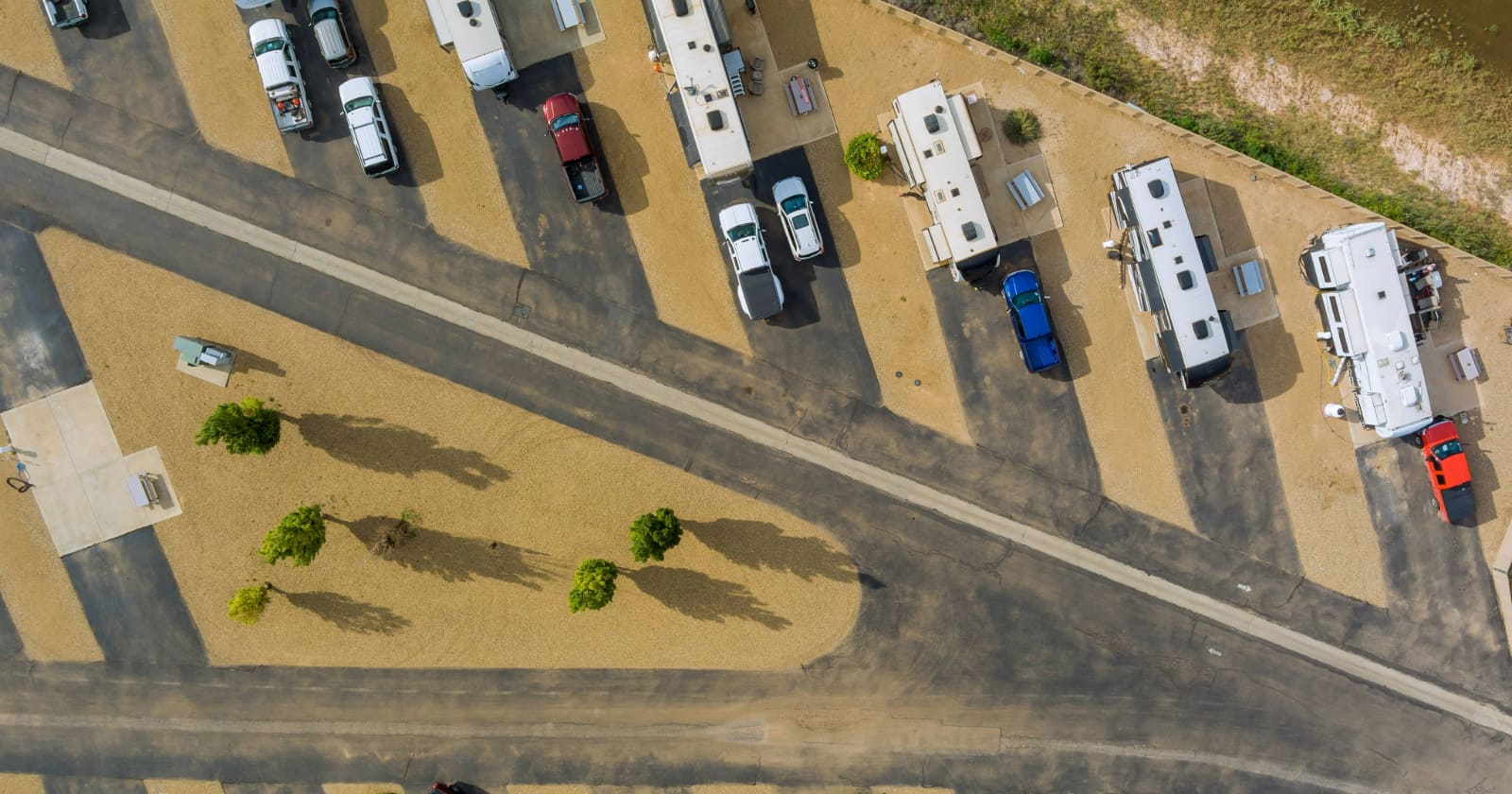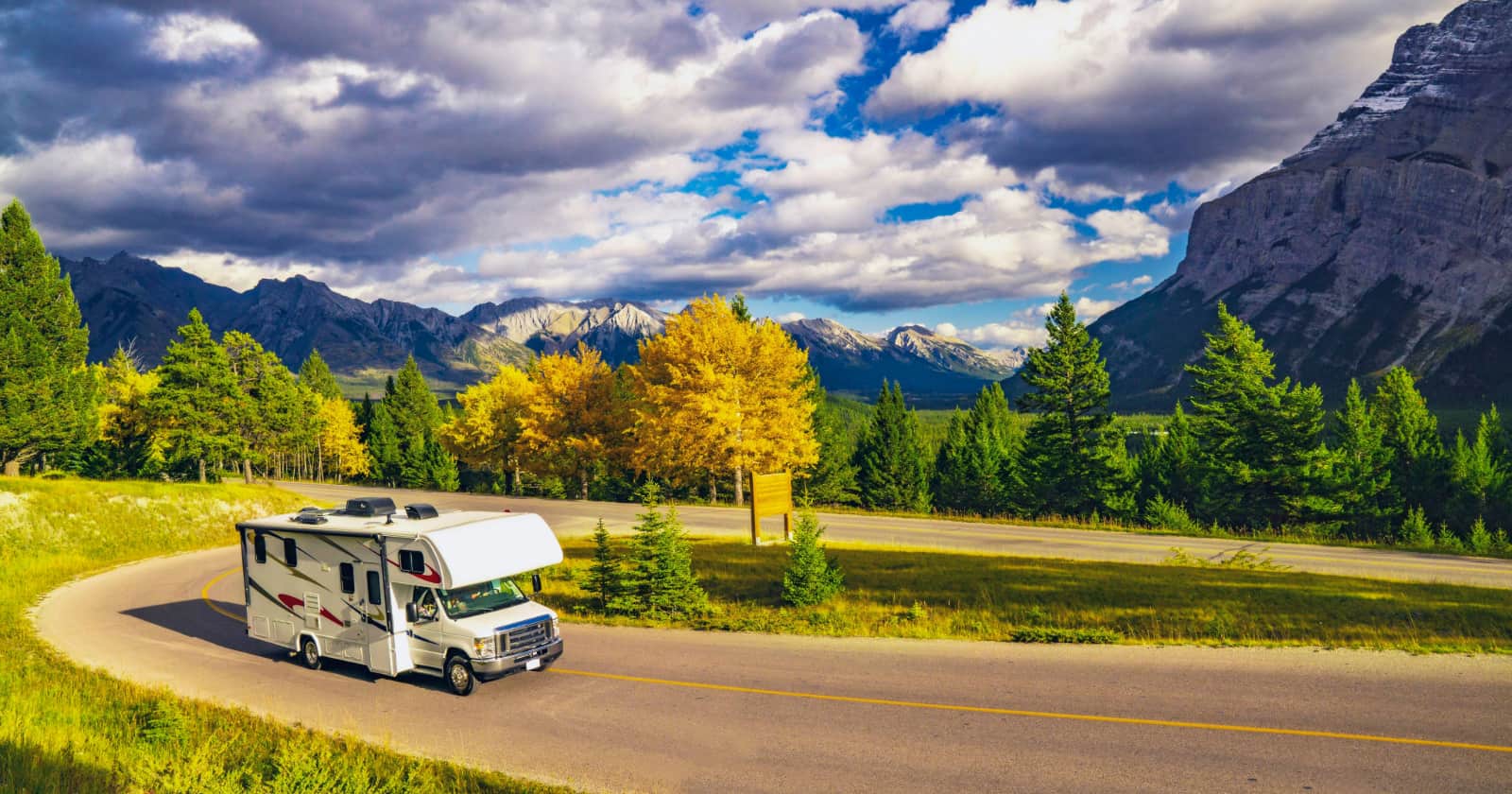
10 Great Resources You Can Find At Most Public Libraries
The nomadic lifestyle of an RVer has its thrills and challenges. While the open road brings new adventures, there are times when resources are needed, whether for planning the next destination, entertainment, or learning something new. Many RVers might overlook one of the most significant resources available in almost every town: the public library.
One might assume that only residents can use the vast resources of a local public library. However, many libraries offer visitor or guest library cards to travelers or short-term residents. Understanding the diverse needs of their community and visitors, these libraries make it easy for non-residents to access books, digital media, and other amenities. The process typically involves presenting a valid ID and proof of temporary residence, like a campground receipt or a lease agreement.
There might be a fee associated with these temporary cards. But the value they offer in terms of access to resources is well worth the investment. So, even if you’re passing through, consider checking if the local library extends this privilege.
Here’s a guide to the top 10 resources most public libraries offer that can be incredibly valuable to RVers.
1. Travel and campsite guides
Whether you’re planning a route, seeking an RV-friendly campground, or looking for the must-see attractions in a locality, libraries often have a range of travel guides and directories. These books can offer insights into hidden gems and even offer tips on free camping spots or boondocking areas.
2. Local histories and maps
Delve into the history of a region or city with local history books. These can give you an appreciation of the area’s heritage and might point you to historical landmarks or local events. Coupled with detailed maps, often available in the library’s local section, you can plan scenic drives or walking tours to explore the area more intimately.
3. Free Wi-Fi and Computer Access
In today’s digital age, being connected is crucial. Most public libraries offer free Wi-Fi, allowing RVers to check emails, update their travel blogs, research campgrounds, make reservations, and plan out their RV-safe route. For those without personal devices, many libraries also have public computers available for use.
4. Digital media resources
Beyond traditional books, libraries often have vast digital media resources. These can include eBooks, eMagazines, digital audiobooks, and even movies. Many libraries partner with digital platforms like OverDrive or Libby, where members can borrow digital content and access it on their tablets, e-readers, or smartphones.
5. Workshops and classes
Many public libraries host a variety of workshops and classes, from crafting sessions and writing workshops to tech tutorials and language lessons. For RVers, these can be opportunities to learn a new skill, socialize, or even share their travel experiences with locals.
6. Charging stations
While this may seem trivial, having access to charging stations can be a boon for RVers, especially for those who are conserving their RV’s energy or relying on solar power. Libraries often have spots to plug in devices, ensuring you stay powered up.
7. Community boards
Libraries tend to be community hubs, and their notice boards can be goldmines for local events, services, or meet-ups. For RVers, this can mean discovering a local festival, farmers’ market, or even RV-specific services like repair workshops or campsite recommendations.
8. Reciprocal Borrowing Systems
Some library networks have reciprocal borrowing agreements. If you’re a member of one library, you might be able to borrow from another in a different city or state. For RVers constantly on the move, this can be an excellent way to continuously have access to reading material without accumulating books.
9. Children’s programs
For RVers traveling with kids, libraries can be a haven. Most have dedicated children’s sections with not just books, but toys, games, and interactive learning tools. Furthermore, many libraries host children’s reading hours, craft sessions, or other educational programs that can be both fun and educational for young ones.
10. Relaxing spaces and meeting rooms
Sometimes, all an RVer needs is a quiet space to relax, read, or work. Libraries, with their calm ambiance, can offer this sanctuary. Additionally, for those traveling in groups or with clubs, some libraries have meeting rooms available for reservation, providing a space for gatherings or planning sessions.
Public libraries are treasures that go beyond just books. For the RVer, they offer a host of resources that can aid in travel planning, provide entertainment, ensure connectivity, and even foster community connections. As you plot your next route, consider marking out libraries along the way. They might just become your favorite pit stop.
Find public libraries near you
Planning an RV trip has never been easier than with RV LIFE Trip Wizard. This trip planner not only helps chart your route but also pinpoints key points of interest, ensuring you don’t miss anything along the way. For those seeking the invaluable resources of public libraries, there’s good news! Under the ‘Research’ tab, simply select ‘Libraries’ to populate your route with local library locations.
Additionally, for a seamless trip experience, users can easily highlight other vital stops like fuel stations, dump stations, grocery stores, and much more. With RV LIFE Trip Wizard, every journey becomes well-equipped, ensuring you’re informed and ready for every leg of your adventure.



